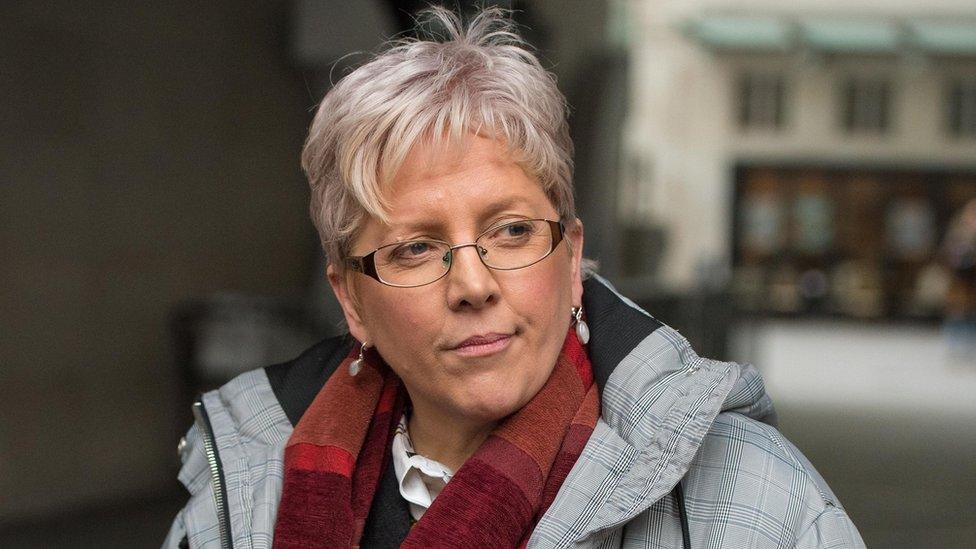BBC 'deeply unimpressed' over Carrie Gracie pay comments
- Published
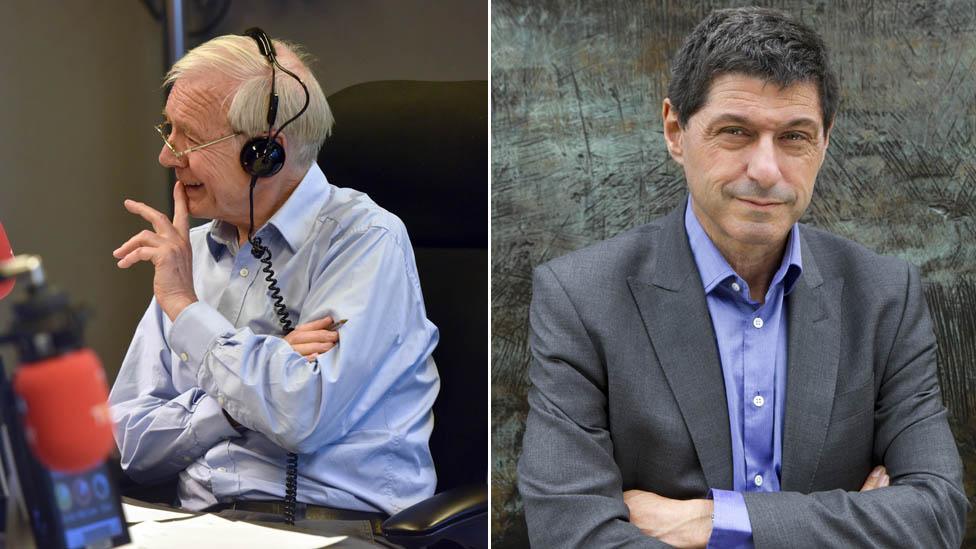
John Humphrys and Jon Sopel were preparing to go on air when the reported exchange happened
The BBC is "deeply unimpressed" with an off-air chat in which two of its high-profile journalists discussed the gender pay gap, a BBC source has said.
Radio 4's Today presenter John Humphrys and North America editor Jon Sopel were talking about Carrie Gracie, who had quit as China editor over equal pay.
Before Monday's show, The Sun, external and Times, external reported, they chatted about "handing over" pay to keep Gracie in the role.
A BBC spokeswoman said the presenter regrets the "ill-advised" conversation.
Humphrys told the Times the off-air chat was "nothing to do" with the campaign by Gracie.
He said: "This was what I thought was an exchange between two old friends who have known each other for 30 years and were taking the mickey out of each other."
BBC management are understood to be "deeply unimpressed" with the unaired discussion, which took place ahead of a pre-recorded interview for Monday morning's edition of Today.
In an open letter issued the night before, Gracie had accused the corporation of having a "secretive and illegal pay culture".
She quit because of pay inequality with her male counterparts - including Sopel - who were earning more than her £135,000-a-year salary.
Last year the BBC listed all the salaries of all employees earning more than £150,000 a year, which revealed Sopel, the US editor, earned £200,000-£249,999, while Middle East editor Jeremy Bowen earned £150,000-£199,999.
It also showed that Humphrys, who has presented the Today programme since 1987, had a salary of £600,000-£649,000.
Carrie Gracie explains why she resigned as the BBC's China editor
Speaking in the Radio 4 studio, Humphrys reportedly asked Sopel about "how much of your salary you are prepared to hand over to Carrie Gracie to keep her".
He then referred to "other men who are earning too much" at the BBC.
Sopel is understood to have replied that "if we are talking about the scope for the greatest redistribution I'll have to come back and say well yes Mr Humphrys".
The presenter is then reported to have uttered a profanity and said that he was "still left with more [pay] than anybody else".
Allow X content?
This article contains content provided by X. We ask for your permission before anything is loaded, as they may be using cookies and other technologies. You may want to read X’s cookie policy, external and privacy policy, external before accepting. To view this content choose ‘accept and continue’.
Miriam O'Reilly, who won an ageism case against the BBC in 2011 after being dropped from Countryfile, described the exchange as "base, smug and condescending".
Claiming to have heard a recording of the chat, Ms O'Reilly said it represented the attitude of "back-slapping entitled males".
She also said she had been dropped from Friday's Today programme, when she was expecting to talk about equal pay, adding that she believed it was because of concern she would mention the leaked tape on air.
A BBC spokeswoman denied this, saying it was because the item on the programme had become "a much broader discussion about social change" and another guest was more suitable.
She added: "The Today programme often makes changes to schedules and contributors in the run-up to broadcast... It's wrong to suggest anything else."
Allow X content?
This article contains content provided by X. We ask for your permission before anything is loaded, as they may be using cookies and other technologies. You may want to read X’s cookie policy, external and privacy policy, external before accepting. To view this content choose ‘accept and continue’.
Deputy Lib Dem leader Jo Swinson asked in a tweet whether Humphrys would be prohibited from presenting stories on the issue of gender impartiality.
Earlier this week, presenter Winifred Robinson - who had tweeted support for Gracie - was taken off air, while Woman's Hour's Jane Garvey, a prominent campaigner for equal pay, said she was unable to conduct an interview with Gracie for the show.
But a BBC spokeswoman said Humphrys could continue to present items on equal pay as he had not shown support for a particular position on the topic, adding that "he is bound by the same rules on impartiality as all other BBC presenters".
After the conversation between Humphrys and Sopel became public, Garvey tweeted: "The Humphrys-Sopel exchange reveals, very neatly, what we're up against."
Allow X content?
This article contains content provided by X. We ask for your permission before anything is loaded, as they may be using cookies and other technologies. You may want to read X’s cookie policy, external and privacy policy, external before accepting. To view this content choose ‘accept and continue’.
- Published8 January 2018
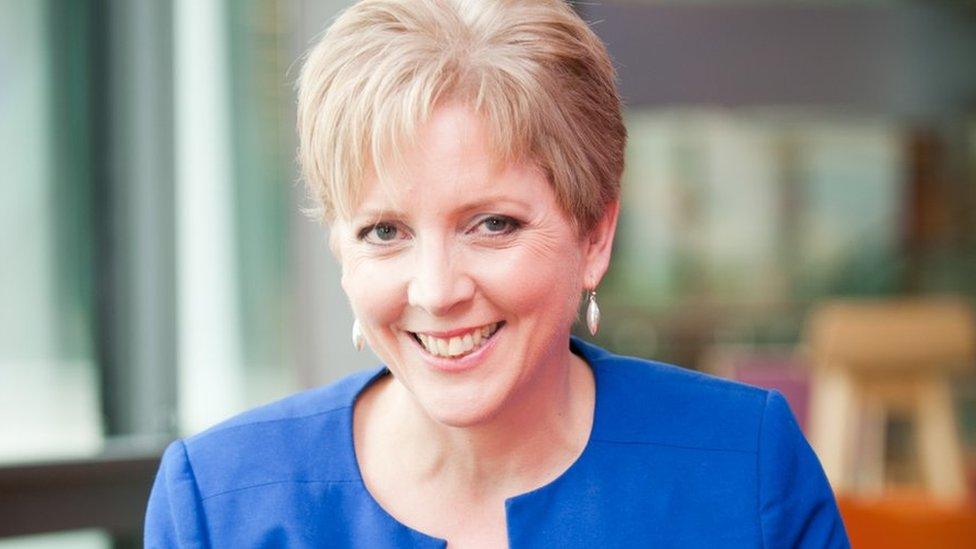
- Published9 January 2018
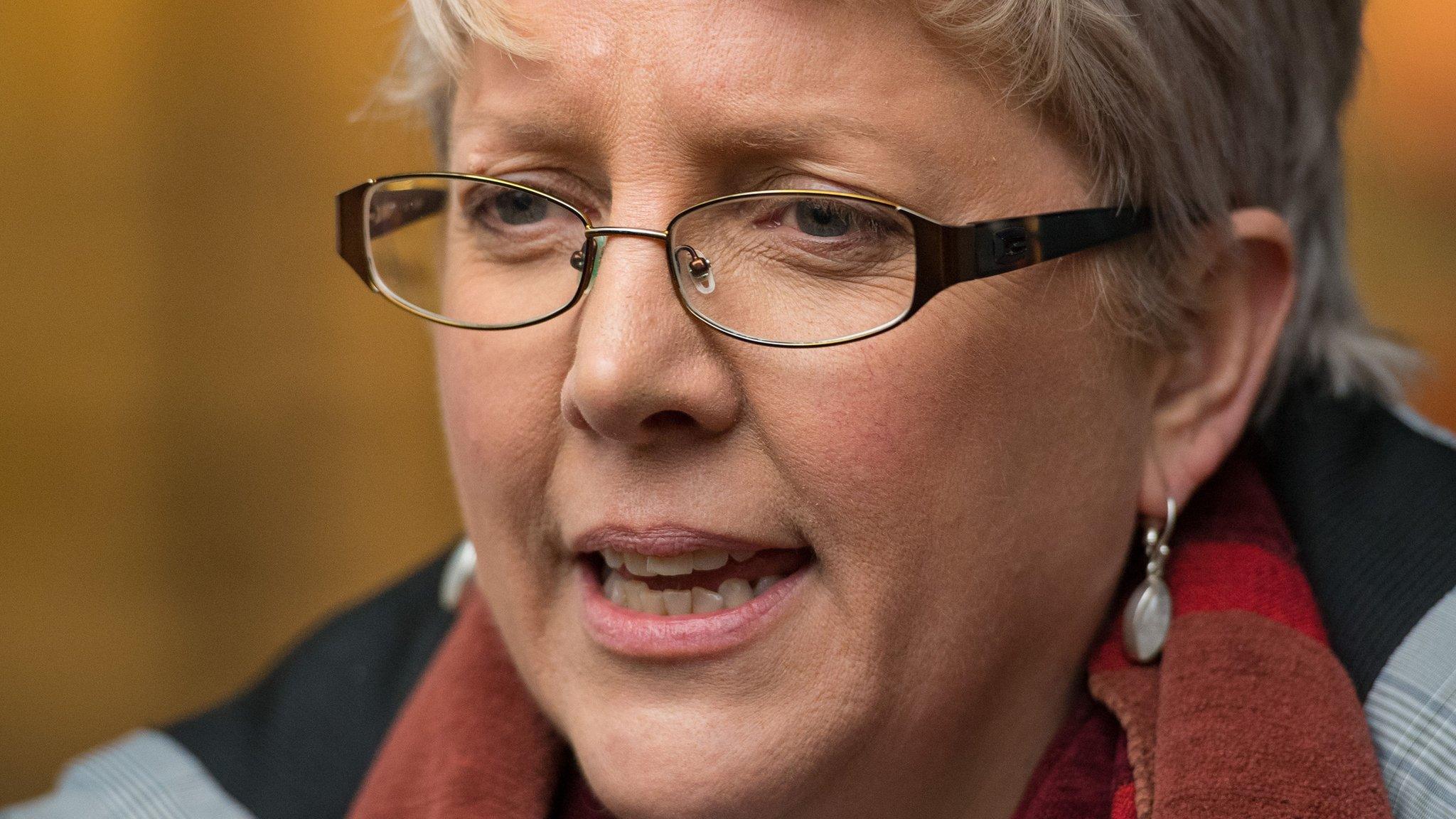
- Published9 January 2018
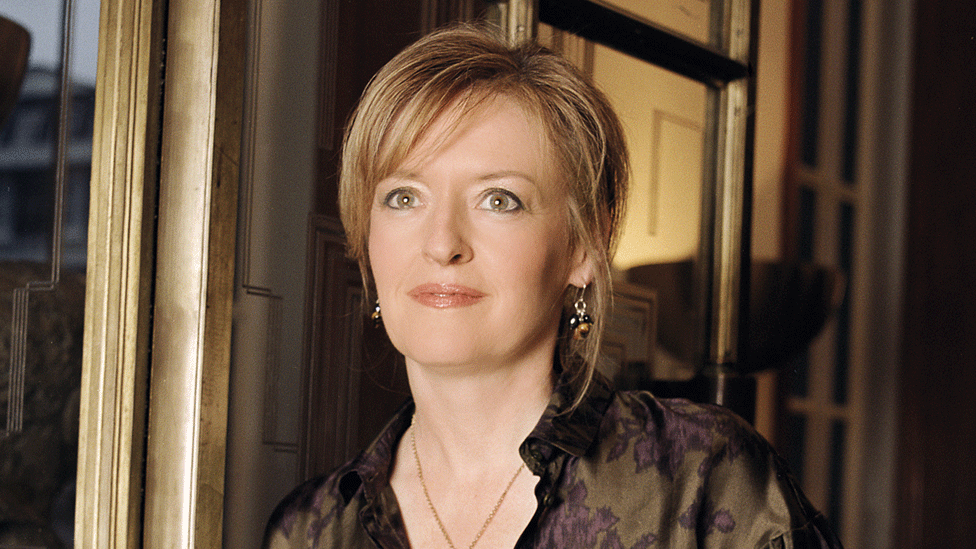
- Published11 January 2011
- Published9 January 2018
